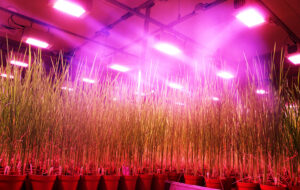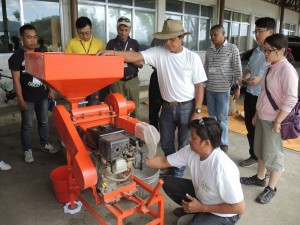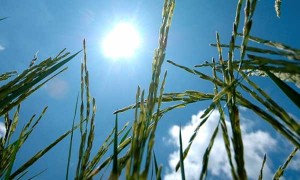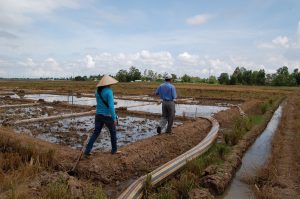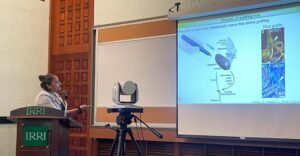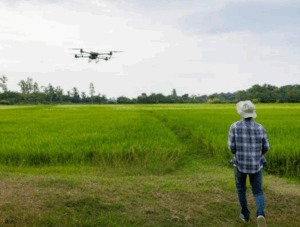The UN Food and Agriculture Organization (FAO) and Eurpean Union launched a program to improve the sustainability of Sri Lanka’s rice sector.
The program targets 71,000 smallholder rice farmers and 1,200 rice seed producers across seven districts severely impacted by the country’s recent economic crisis.
The farmers will also receive locally produced, high-quality paddy rice seeds, equipment to improve efficiency and profitability of cultivation methods, training on modern techniques to boost efficiency and reduce dependency on the use of chemical fertilizer.
Read the story @Colombo Gazette
From farm to plate and beyond: The need for ag-tech development in the Sri Lankan rice sector
Many believe that the rice-producing sector of Sri Lanka requires urgent transformation. The adoption of emerging technological innovations has the potential to overcome the structural weaknesses of the current rice industry and deliver a more productive, competitive, and sustainable outcome, using a more precise and resource-efficient approach.
Impact of natural disasters on the efficiency of agricultural production: an exemplar from rice farming in Sri Lanka
This study presents a number of policy implications that should be considered by every rice-producing country. It strongly suggests that policies should be tailor-made to suit specific agricultural sub-sectors, as many of the climate and disaster adaptation practices commonly applied to different agricultural sub-sectors could well lead to more harm than benefits.
Small mammal communities, associated damage to rice, and damage prevention in smallholder rice storage facilities in Sri Lanka
In the first such study in Sri Lanka, we identified the main rodent and shrew species and the extent of post-harvest damage caused in rice storage facilities of smallholder farmers based on systematic trapping and estimated related damage to rice in typical smallholder storage facilities in the three main agro-ecological zones in Sri Lanka.

